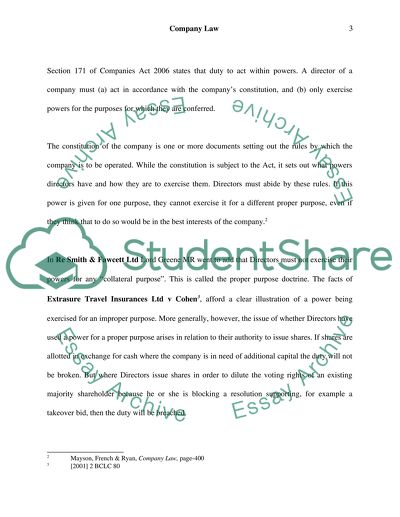Cite this document
(“Company Director Essay Example | Topics and Well Written Essays - 2000 words”, n.d.)
Company Director Essay Example | Topics and Well Written Essays - 2000 words. Retrieved from https://studentshare.org/miscellaneous/1526641-company-director
Company Director Essay Example | Topics and Well Written Essays - 2000 words. Retrieved from https://studentshare.org/miscellaneous/1526641-company-director
(Company Director Essay Example | Topics and Well Written Essays - 2000 Words)
Company Director Essay Example | Topics and Well Written Essays - 2000 Words. https://studentshare.org/miscellaneous/1526641-company-director.
Company Director Essay Example | Topics and Well Written Essays - 2000 Words. https://studentshare.org/miscellaneous/1526641-company-director.
“Company Director Essay Example | Topics and Well Written Essays - 2000 Words”, n.d. https://studentshare.org/miscellaneous/1526641-company-director.


